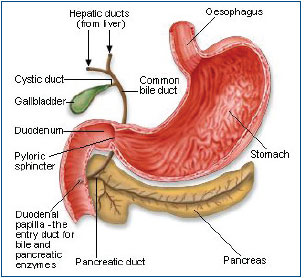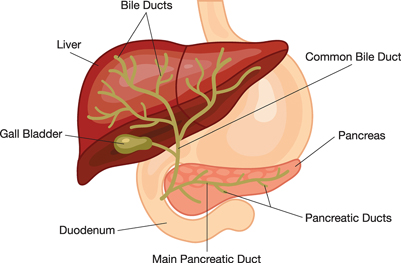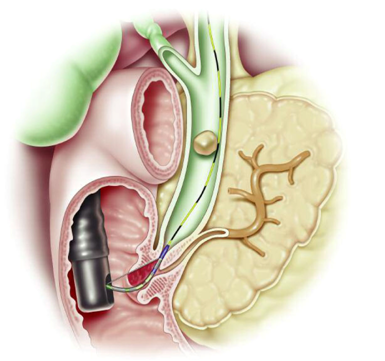



As hard as endoscopic retrograde cholangiopancreatography (ERCP) is to say, the actual exam is fairly simple. A dye is injected into the bile and pancreatic ducts using a thin flexible tube with a camera attached. X-rays are taken then to outline the bile ducts and pancreas.
Please confirm your booking five days prior to procedure.
Phone: +91-02024372008 (Monday to Friday between 9.30 am and 4 pm).

whether you should stop any of your usual medications before the procedure (Aspirin, iron, diabetic medications and anti-inflammatory medications) any drug allergies you may have whether you have any ––major diseases such as a heart or lung condition, diabetes or epilepsy that may require special attention during the procedure.
Arrange for a responsible adult to accompany you home. Please bring their contact details with you to hospital we do not have waiting areas for relatives and friends in the unit).
An ERCP uses x-ray films and is performed in an x-ray room. Your throat will be anaesthetised with a spray or solution and you will be mildly sedated. The endoscope is then gently inserted into the upper oesophagus. You will breathe easily through this examination. A thin tube is inserted through the endoscope to the main bile duct entering the duodenum. Dye is then injected into this bile duct and/or the pancreatic duct and x-ray films are taken. The procedure can last between 15 and 60 minutes.

After the test you will be monitored in the Gastroenterology Unit where you will be observed for four hours. If you have had an afternoon procedure you will remain in hospital overnight. You may:
Experience temporary, mild sore throat which sometimes occurs after the examination
burp up any air remaining in your stomach
feel drowsy or dizzy after the medications.
Your results will be discussed with you at your follow-up appointment. This appointment will be made for you by the nursing staff.
You must continue to have clear fluids overnight and then you will be able to resume your normal diet the next day.
People often experience bruising and soreness after lithotripsy. A fever or chill may indicate an infection, so a person should speak to a doctor.
Prolonged pain may also indicate a blockage. If a person does not get relief with pain medication or has severe pain, they should see a doctor.